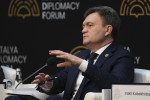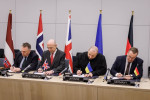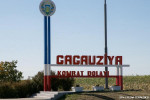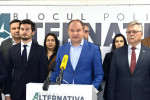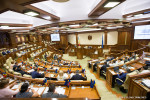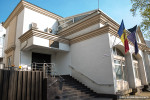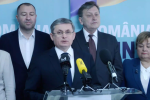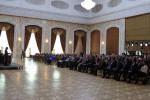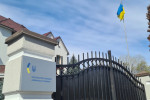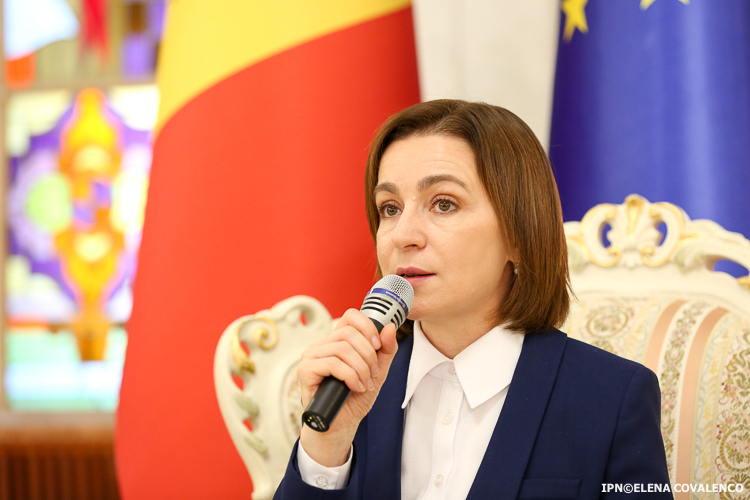
Freedom does not come by itself. It must be defended day by day, especially when it is threatened by those who want the people to live in fear and give up hope, President Maia Sandu said in a message on the occasion of the 16th anniversary of the April 7 protests, IPN reports.
The head of state noted that on April 7, 2009, thousands of young people took to the streets not for a party or an ideology, but for a simple and powerful idea. "Only citizens have the right to decide their future. Their voice broke the walls of fear - and some of them paid a very high price for this creed," said Maia Sandu
16 years later, the President warns that attempts are again being made to manipulate and undermine democratic values. But today, according to her, Moldova is a country that learned from pain, that developed its consciousness and that knows what it has to defend.
"The truth, freedom and dignity of those who suffered on April 7 oblige us to remain vigilant. We must protect together what we won so bravely: the right to build our future in freedom and peace," said President Sandu.
Speaker Igor Grosu also came with a message at the beginning of the plenary sitting of Parliament. He said that 16 years ago, the Moldovans said clearly that the future of the Republic of Moldova is in the large European family.
"We all thought we would move faster, but in the years that followed, we witnessed new attempts by declared pro-European politicians to sell this country to the Kremlin. Now, 16 years later, we are getting closer to fulfilling those young people’s dream to "live in a country like outside", in a European and prosperous Moldova," said the head of the legislature.
That is why, according to Igor Grosu, we do not have the moral right to deviate from the European path: "We must work further because what will happen to Moldova in the coming years depends on us. But I am confident that Moldovans will make the right choice this year as well, because the Moldovans know who wants good and who wants bad to us."
April 7 marks the 16th anniversary of the massive protests staged in the center of the capital city, which involved thousands of people, mostly young people. They thus expressed their disagreement with the results of the parliamentary elections of 5 April 2009, which they considered rigged. For the third time in a row, the Party of Communists won a majority of seats of MP. The demonstrations, which at first were peaceful, degenerated. Some of the protesters forced their way into the Parliament and Presidential Buildings. Both civilians and police officers were injured. Officially, only one death was registered, that of Valeriu Boboc, a young man who was beaten in the Great National Assembly Square. Civil society spoke about at least five people who died in suspicious conditions.


